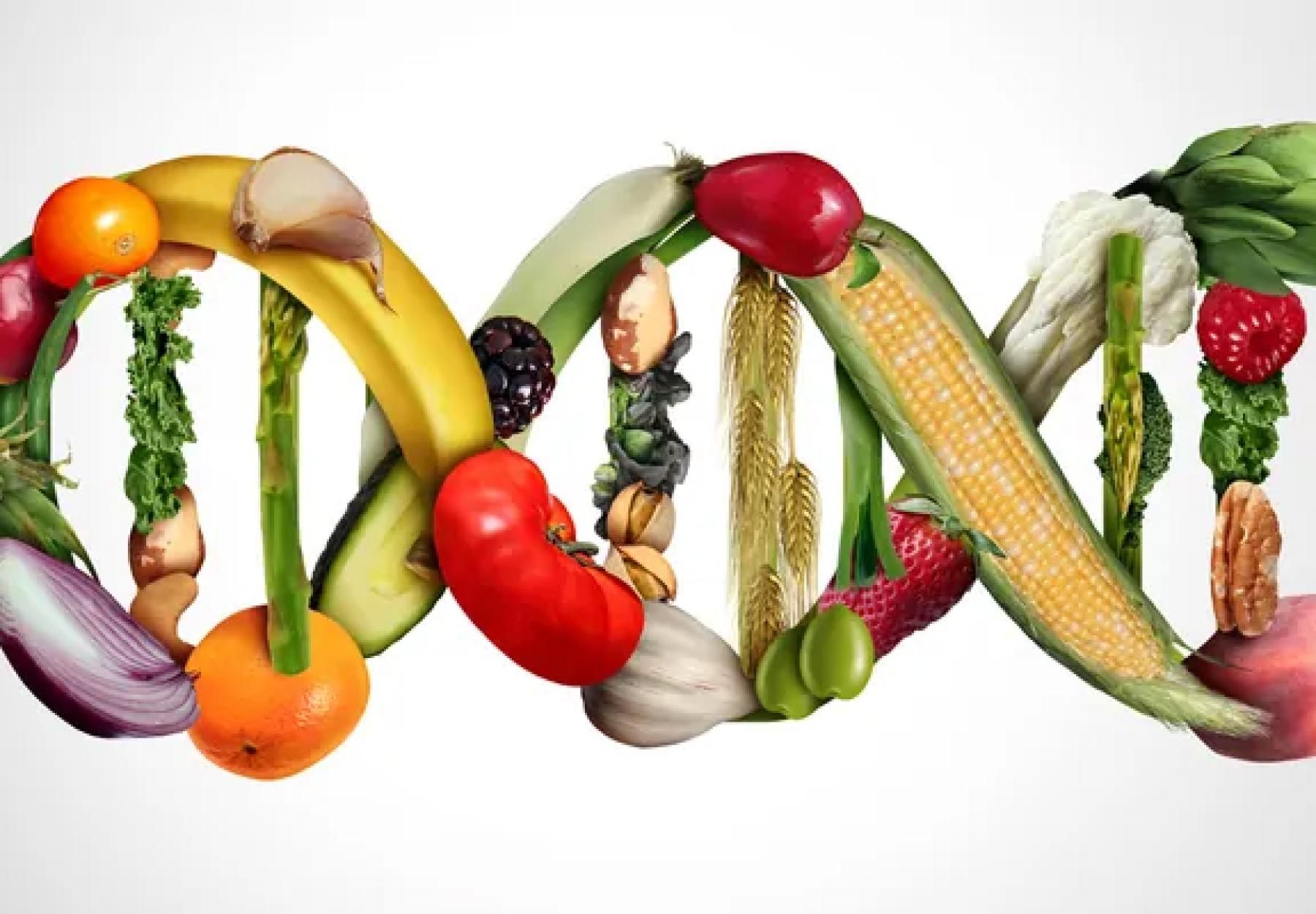
APN | Amman
February 2023
APN Chairperson of the Board, and member of the working team on the Biosafety Law, Razan Zuayter, was invited to attend the second workshop related to the mentioned law.
The workshop emerges within the activities of the project for implementing the national framework for biosafety to discuss the draft of the “Biosafety Guidelines for the administrative and technical regulation for handling applications including permits and applications forms to import Genetically Modified Organisms”.
In her intervention, Zuayter pointed to the importance of knowing the developments of the draft biosafety law, although previous recommendations from the committee have been added to it before presenting it to the House of Representatives, adding that the discussion of the draft "Guidelines for the Administrative and Technical System" should come after the adoption of the law and not before it to be an objective and fruitful discussion, stressing the need to expand the participation of civil society concerned with the subject.
It may be mentioned that APN alerted to the matter years ago and convened an Arab international symposium in Jordan in 2005 on the effects and risks of Genetically Modified Organisms (GMO), which emphasized that the problem of nutrition and poverty resulted from not applying the principle of food sovereignty and poor management and distribution rather than from the increase in the size of production as is alleged by the supporters of this technology. The conferees concluded with a number of recommendations including the prohibition of importing GMOs, along with the necessity of placing labels on food containers to indicate their contents and elements, and whether they were genetically modified. Additionally, laboratory facilities must be available to undertake tests to detect the presence of foods that are genetically modified including tests of plants seeds utilized in agriculture, in addition to activating biosafety frameworks, in parallel with creating awareness among consumers about the effects and risks of GMOs in terms of human health, the environment, biodiversity, and agriculture.